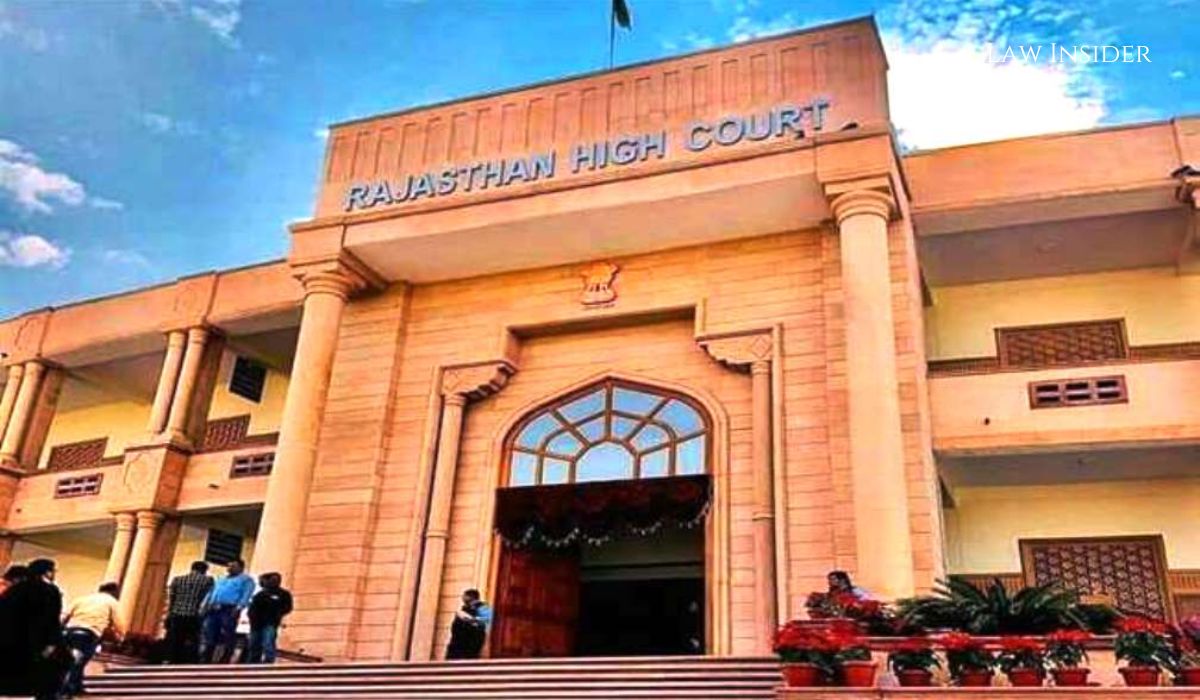Tanisha Rana
Published on: October 21, 2022 at 23:26 IST
In a case titled Sant Vaidehi Balabh Dev Acharyaji Maharaj vs. State of Rajasthan, the Rajasthan High Court refused a request for an order prohibiting political party leaders from visiting religious sites or seeking votes in the name of caste, community, language, or religion.
The same petitioner had previously filed a similar plea, and a bench comprising Chief Justice Pankaj Mithal and Justice Sandeep Mehta noted that the current petition was a repetition of the earlier one.
“It is settled law that successive writ petitions for the same cause of action are not maintainable and that filing of second writ petition for the same purpose is an abuse of the process of law,” the Court said.
Sant Vaidehi Balabh Dev Acharyaji Maharaj had argued in his previous petition that all political parties and candidates running for office may only use their names and identities in accordance with their registration on the electoral roll or on their nomination forms, but that the candidates’ surnames and castes should not be made public during the campaign.
“The candidates and leaders of the political parties may be restrained from visiting the religious places during election campaign,” the petitioner had stated in that plea.
Observing that “seeking vote in the name of religion, caste, community, language, etc. is statutorily forbidden and, thus, no general directives in this regard are required,” the Court dismissed the case on October 23, 2018.
However, the court had made it clear that the Election Commission may properly handle specific grievances in this regard in conformity with the law.
The petitioner did make some representations to the Election Commission following the first order, but nothing tangible happened, the Court said in the current argument.
Following these observations, the bench dismissed the appeal while directing the Chief Election Commission to fairly consider any earlier representations made by the petitioner.
“In view of the above, we are not inclined to exercise our discretionary jurisdiction in this writ petition and dismiss the writ petition with the directions to the Chief Election Commissioner of India to objectively consider and pass appropriate order on the representation of the petitioner, if any, made in this connection earlier,” the Court observed.
Advocate Moti Singh represented the petitioner, and advocates Sudhir Tak, Saransh Vij, and Umashankar Dhaka represented the respondent.

